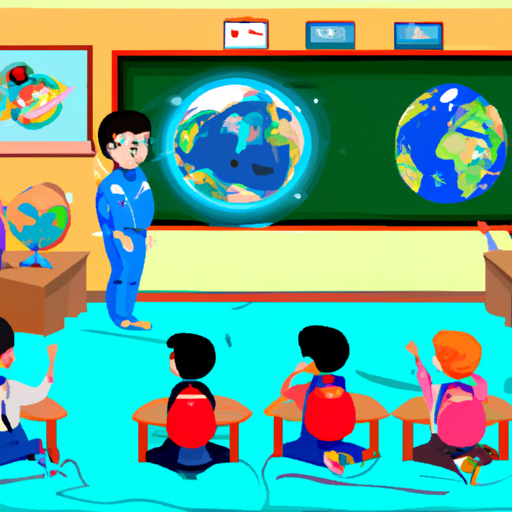A Comprehensive Analysis on the Impact of Extraterrestrial Exploration on Education
The world has recently seen a resurgence in interest towards space exploration and its related fields. This newfound fascination with extraterrestrial life and the endless possibilities of the universe has had a significant impact on education and learning. This article explores the ways in which this 'space fever' has intimately interacted with various aspects of education, including curriculum development, student interest, and teaching methodologies.
Stimulating STEM Learning
The buzz around extraterrestrial exploration has significantly boosted interest in Science, Technology, Engineering, and Mathematics (STEM) from primary schools through universities. NASA’s Mars Rover missions, the launch of SpaceX’s Falcon Heavy, and the discovery of numerous exoplanets have heavily dominated popular news, triggering growing fascination within STEM subjects. Consequently, curriculum developers have incorporated more astronomy and space technology topics into the learning materials to cater to this interest.
Broader Interest in Scientific Affairs
Besides enriching the STEM curriculum, the fervor for extraterrestrial exploration has also piqued students’ curiosity in broader scientific affairs. It has become a springboard for discussions on physics, chemistry, and the environmental sciences. Moreover, it fosters critical thinking as learners are encouraged to contemplate complex concepts and global challenges tied to space exploration.
Shaping Perspectives
Extraterrestrial exploration does more than just improving scientific literacy; it shapes the perspectives of learners on global matters concerning the environment, technology, and international cooperation. The view of the Earth as a fragile blue sphere amidst the vastness of space highlights the importance of sustainable living and the need for preserving our world. It also underlines the necessity for international collaboration in advancing our collective knowledge and achieving the common goal of space exploration.
Future Potentials
The resurgence of interest in extraterrestrial exploration has also opened doors to numerous career paths and opportunities for research and development. Beyond the traditional roles, the field now necessitates experts ranging from astrobiologists to space lawyers, igniting further opportunities for specialized education. This reinforces the importance of keeping education topical, adaptive, and forward-looking.
Extraterrestrial exploration has emerged, not just as a subject of wonder and amazement, but as a powerful tool for education. It stimulates learning, shapes global perspectives, and anticipates future opportunities. As we continue to reach for the stars, we can only expect its benefits on education to soar correspondingly.



















Comments
Leave a Comment